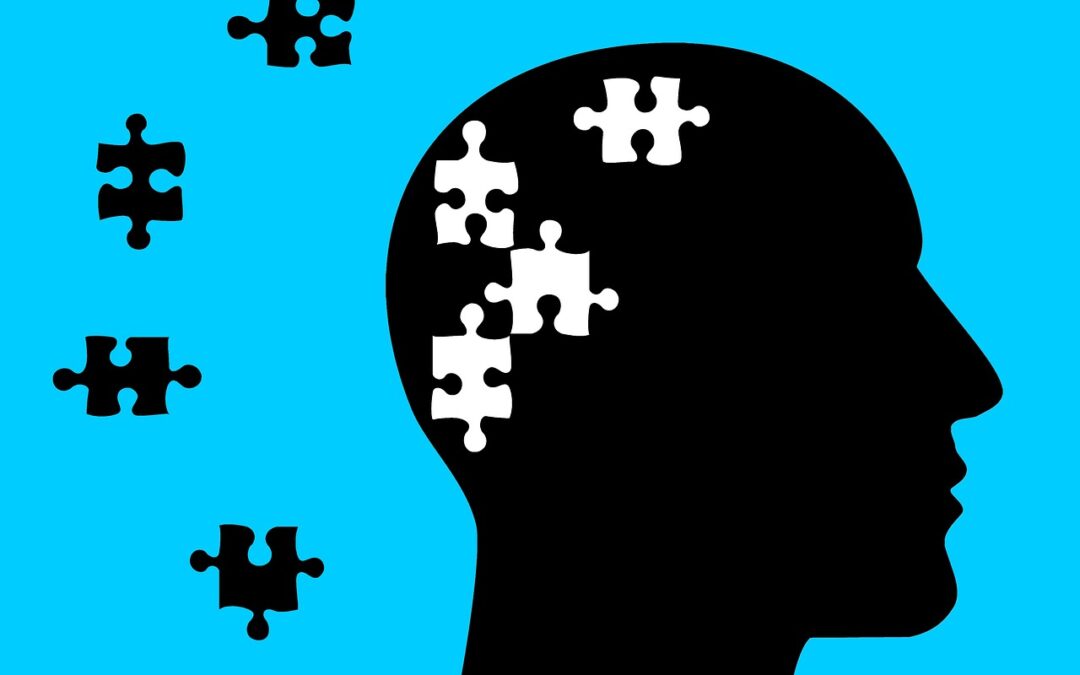Naturally, life will throw us curveballs we can’t avoid. As a result, we might feel overwhelmed by these occurrences and lose the will to continue our regular lives. Life, happiness, and the ability to appreciate the good in the world can all become more challenging after experiencing trauma. Trauma therapy is beneficial for those who have experienced trauma because it helps them process their experience and learn to deal with processes.
Three Ways That Therapy Can Aid You After a Traumatic Experience
- Help in Reducing and Coping with Flashbacks
Reliving traumatic situations is a challenging part of recovery. Such occurrences are known as flashbacks. Similar experiences or reminders of the trauma can set off flashbacks, and they can strike at any time, including the most inopportune moments at school, at work, or in public. These memories have the potential to paralyze you, making it hard to continue working.
Trauma therapy can help alleviate flashbacks and learn how to deal with them when they strike. You may lead a more normal life and overcome the trauma by employing these coping mechanisms.
- Assist your day-to-day tasks and activities
Having experienced trauma, one may find it challenging to get out of bed, engage in social interactions, or even get through a single day. Depression, lack of sleep, anxiety, hopelessness, and more can manifest from trauma, making it hard to feel like your usual self. This may have repercussions on your personal, professional, and even social life.
Trauma therapy can teach you how to deal with unpleasant symptoms like flashbacks after a traumatic event. You’ll be able to process your concerns, recognize your anxiety’s origins, and learn to tackle your feelings head-on.
- Facilitate the Growth and Development of Your Social Circle
In many cases, the connections you’ve built might suffer when you cope with a terrible occurrence. Because of this, it’s more challenging to gather the kind of social support necessary for dealing with traumatic experiences. While you don’t intend to hurt anybody, the emotions, hostility, and isolation accompanying trauma treatment can be detrimental to your relationships. Relationship formation and protection will be challenging if those around you cannot appreciate this.
Talk therapy after a traumatic event can shed light on your relationships and highlight areas where you can improve. It can also teach you how to communicate with the people who matter to you so that they are aware of your struggles and can help you.
Bottom line
There is a plethora of additional scenarios in which our trauma therapy New York can prove effective in helping you recover from whatever catastrophe is preventing you from leading a regular life. If you’re struggling with the effects of trauma, talking to a trained trauma therapist can help you find your stability and learn the coping mechanisms you’ll need to recover.


Recent Comments